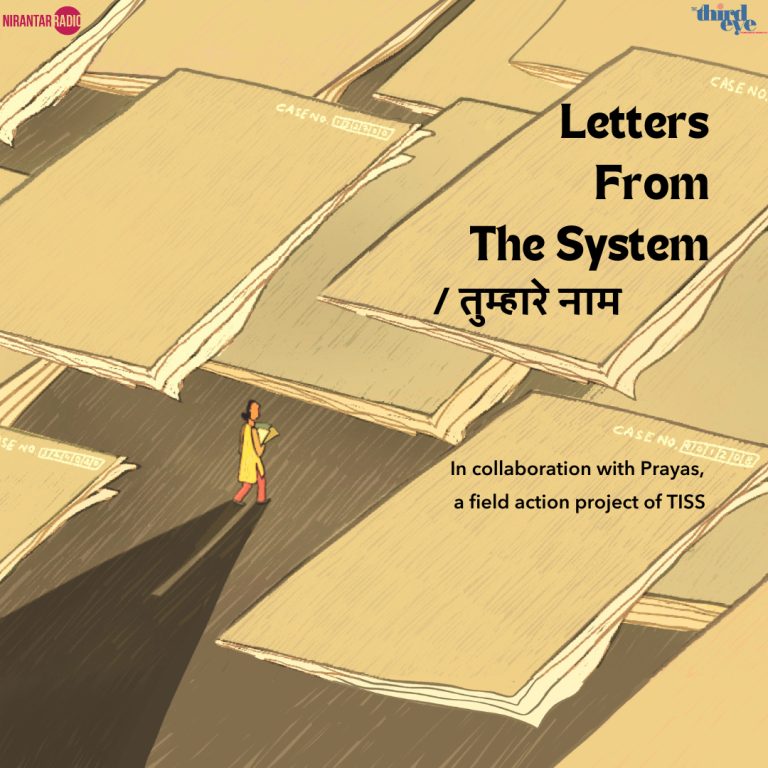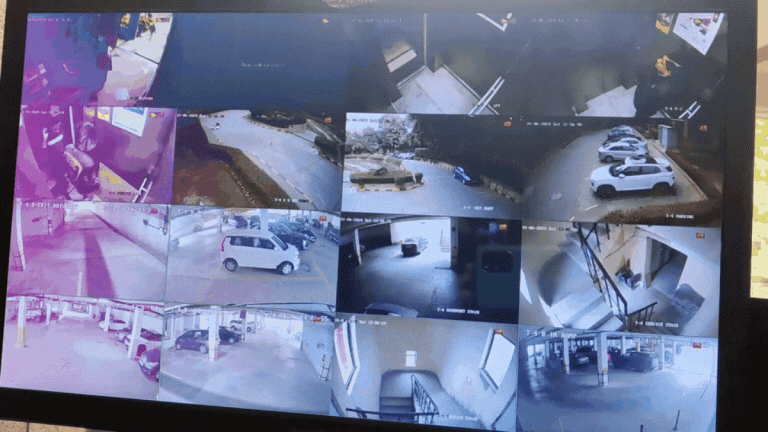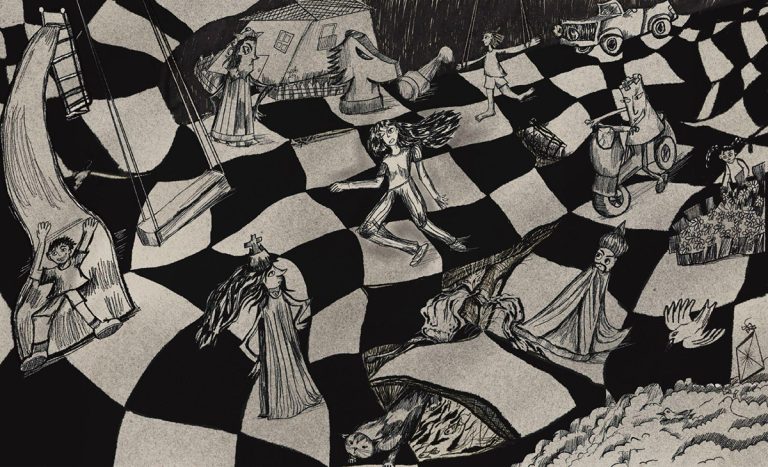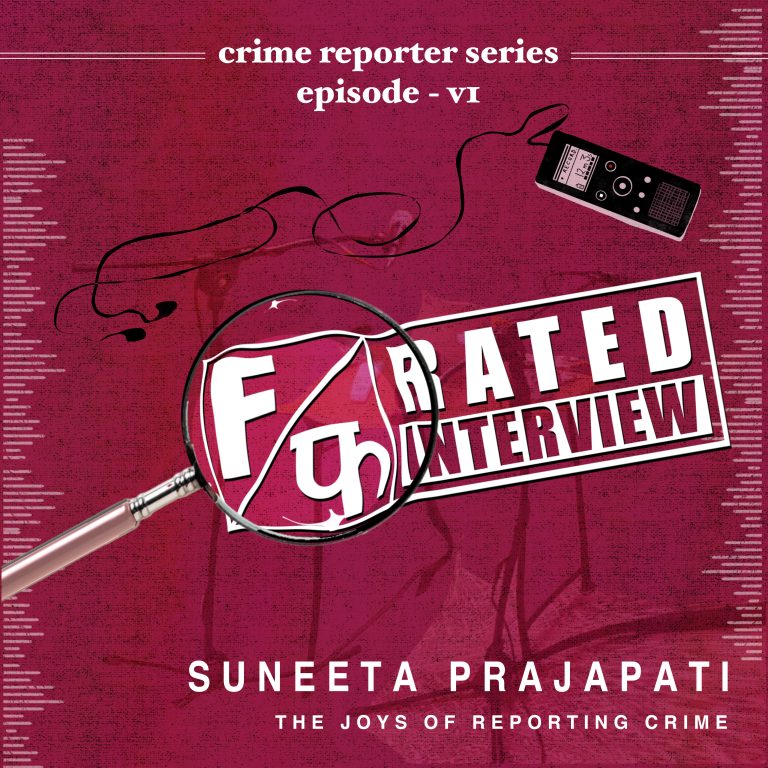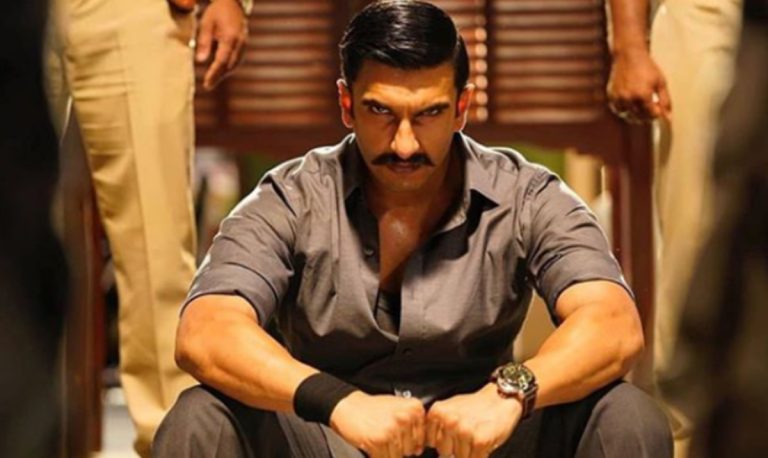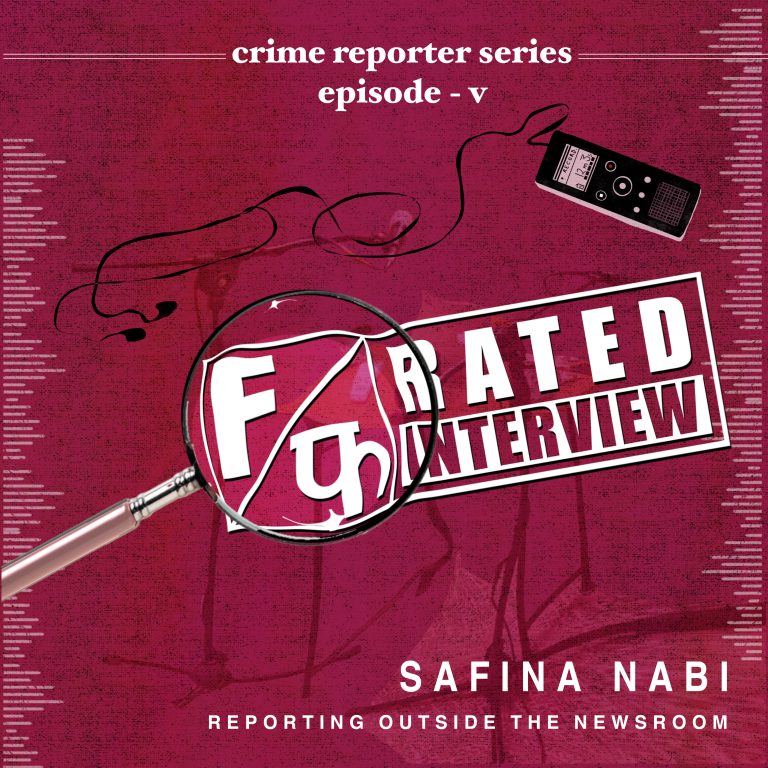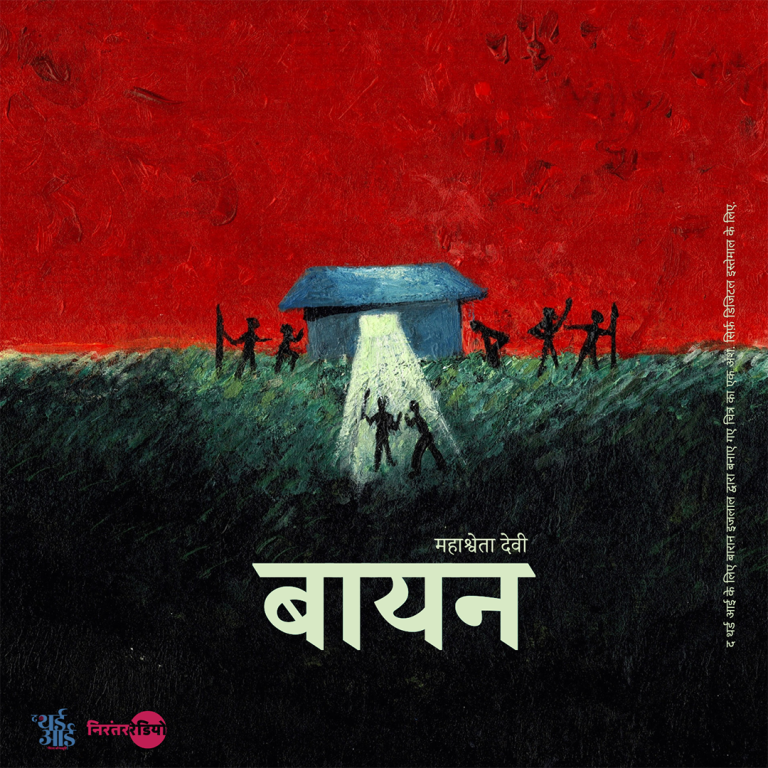
Sp. Feature: Bayen – An Audio Story
“Baba, how does one become a Bayen (witch)?” Bhagirath asks his father Malinder near the dead lake as the shadow of his estranged mother looms over him. The recollecting of who his mother was and how she was ostracized as a witch from the Dom community in this story by Mahasweta Devi, is the unfolding of the myth of Bayen and the reality of witch-hunt.


